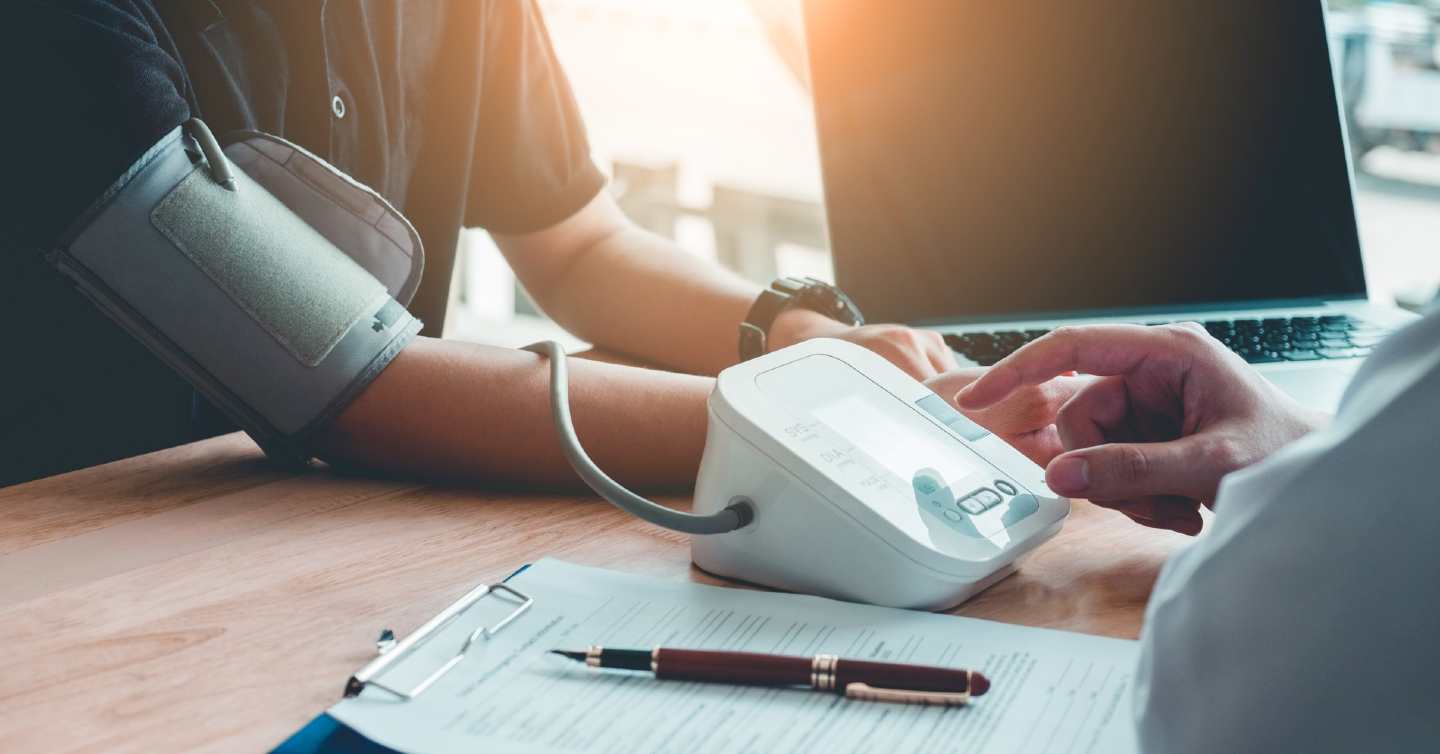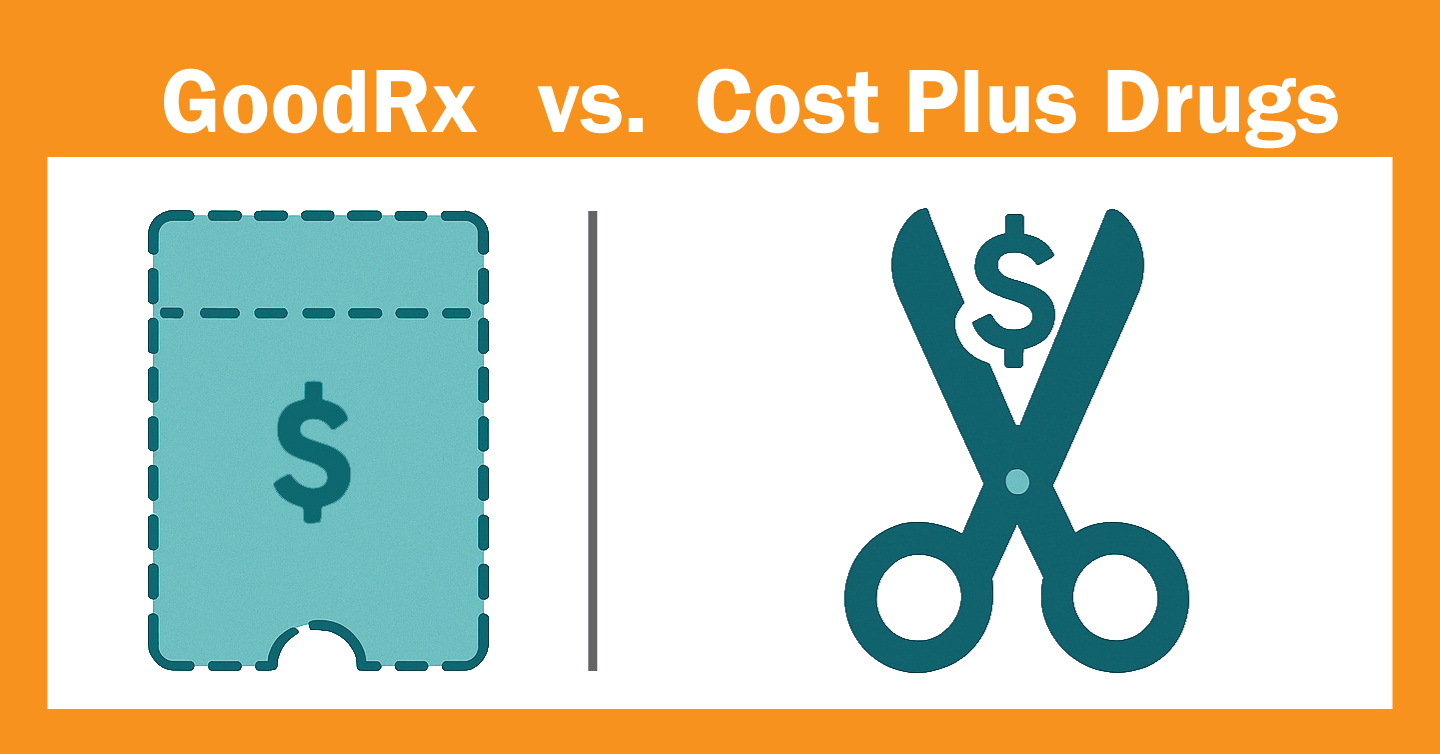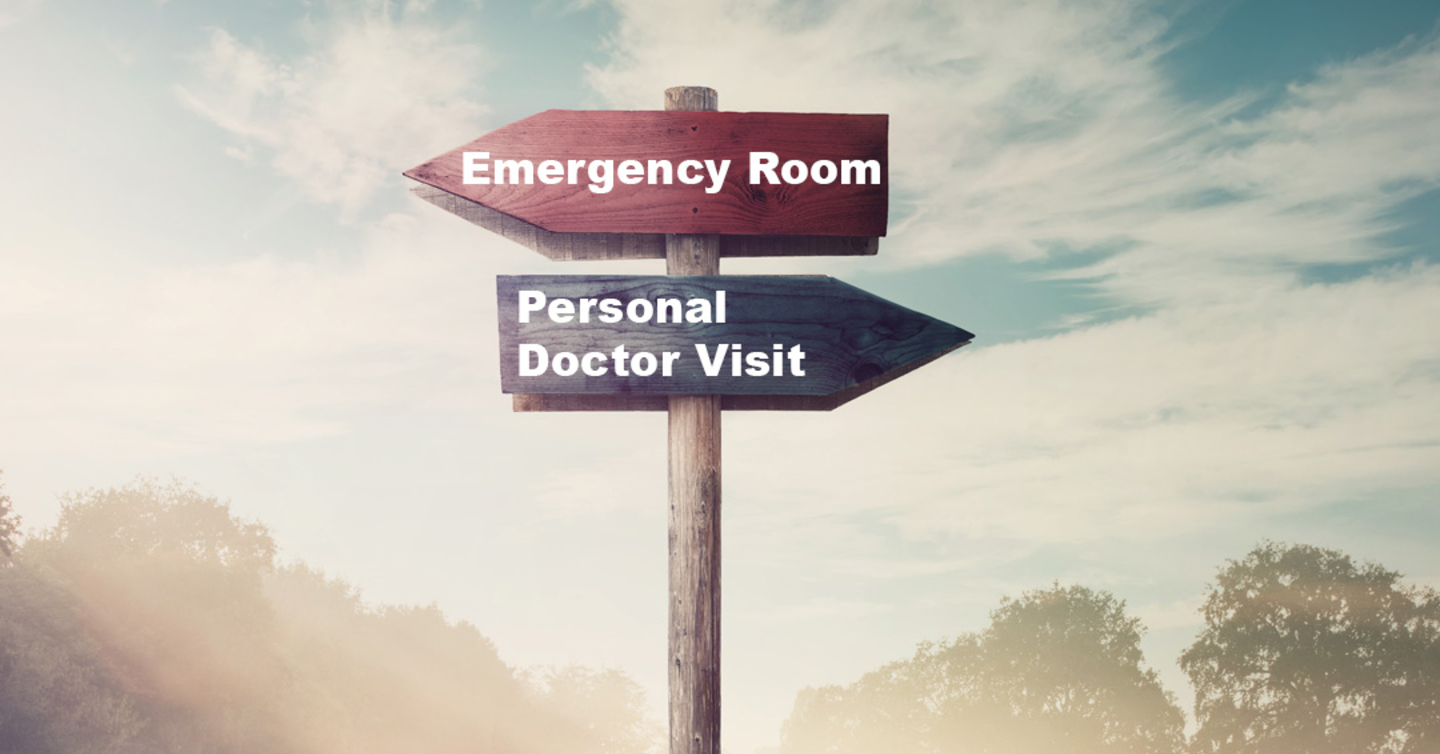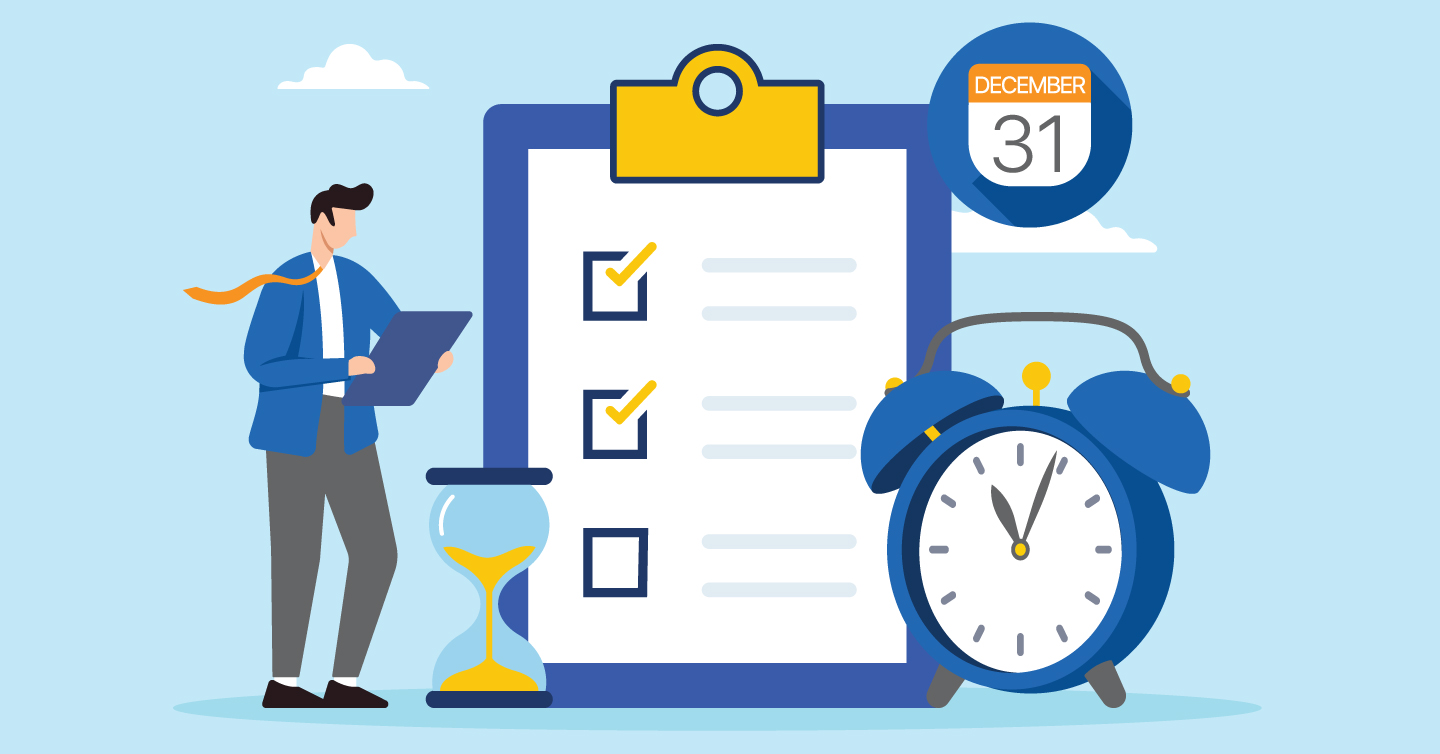Is High Blood Pressure Something to Worry About?

High blood pressure: Facts to know during National Blood Pressure Education Month
By Julien Her, quality care coordinator at Network Health
Originally published on 5/14/2021 at 1:09 p.m.
May brings in warmer weather. It is also National Blood Pressure Education Month. High blood pressure or hypertension affects almost half of adult Americans, with one out of every four adults having their blood pressure under adequate control.
According to the United States Centers for Diseases Control and Prevention (CDC), high blood pressure can increase your risk for heart disease, stroke and other life-threatening conditions.
While we continue to battle the coronavirus pandemic, it’s also important to remember that high blood pressure is a comorbidity for COVID-19. This means that -- per the American Heart Association -- those with hypertension (high blood pressure) and coronary heart disease are at higher risk for developing severe illness and symptoms of COVID-19.
Risk factors for hypertension/high blood pressure
High blood pressure can be genetic but it can also be rooted in or made worse by certain risk factors. Some risk factors, such as race or ethnicity, are outside of your control. Many, however, are related to behaviors and lifestyle choices.
The following are noted risk factors associated with high blood pressure.
- Cigarette smoking/exposure to secondhand smoke
- Diabetes
- Obesity/overweight
- High cholesterol
- Unhealthy diet and factors such as a diet with a high sodium intake
- Physical inactivity
- Race/ethnicity
- Obstructive sleep apnea
If you have concerns, be sure to discuss your risk factors and hypertension management with your personal doctor.
Monitoring your blood pressure at home
Your doctor may recommend self-monitoring your blood pressure at home and keeping a log to bring in at your next visit. When taking your blood pressure at home, try to take it at the same time every day or as instructed. If multiple readings are taken in one sitting, try to take these readings at least a minute apart, and make a note of when you took your most recent blood pressure medication.
Do not stop taking your blood pressure medication unless you have discussed stopping or pausing with your personal doctor.
The American Heart Association recommends bringing your monitor annually to your office visit to ensure the readings are accurate. While monitoring your blood pressure at home is important, it does not replace having regular visits with your personal care doctor.
Tips for an accurate blood pressure reading
To get the most accurate blood pressure reading at home, observe the following.
- Avoid smoking, caffeine or exercise at least 30 minutes prior to testing
- Have an empty bladder
- Try to remain relaxed and quiet for five minutes
- Keep arm rested at chest height with both feet on the floor
- Do not place the cuff over clothing
If your blood pressure seems abnormal for you or greater than 140/90, please ask to have your blood pressure rechecked after 5-10 minutes of rest or at the end of the office visit.
For more information on how your Wisconsin-based health plan can help you with conditions like hypertension and other preventative care, contact Network Health today.



